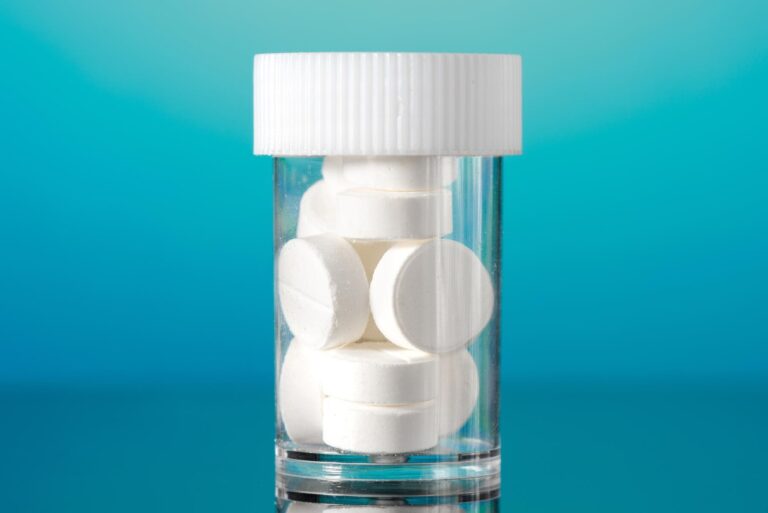Understanding Opioid Addiction
Opioid addiction is a complex medical condition that affects the brain, body, and behavior. It can result from the misuse of prescription painkillers, such as oxycodone or hydrocodone, or the use of illicit drugs like heroin. Over time, opioids can change the way your brain processes pain and pleasure, leading to physical dependency and intense cravings. Addiction carries significant physical, emotional, and social consequences, such as health deterioration, strained relationships, and a higher risk of overdose.
Introduction to Suboxone
Suboxone is a prescription medication used to treat opioid addiction, consisting of two active ingredients: buprenorphine and naloxone. Buprenorphine works by reducing cravings and withdrawal symptoms, while naloxone helps prevent misuse by blocking the effects of other opioids. Suboxone has proven to be highly effective when included in a comprehensive treatment plan. It plays a crucial role in stabilizing individuals during recovery, offering relief from the intense challenges of cravings and withdrawal. This allows individuals to focus on rebuilding their lives and maintaining long-term sobriety.
Who Can Benefit from Suboxone?
Suboxone is a highly effective treatment option for many individuals struggling with opioid addiction, though it is not a one-size-fits-all solution. It may be suitable for you if you have a strong desire to quit opioids, experience withdrawal symptoms when trying to stop, or seek a medically supported path to recovery. Suboxone is commonly recommended for individuals with moderate to severe opioid addiction, but eligibility varies based on each person’s circumstances. A healthcare provider will assess your medical history, addiction severity, and overall health to determine if Suboxone is appropriate for your treatment. Ultimately, the decision to use Suboxone should be made in consultation with a healthcare professional to ensure it aligns with your specific needs.
What to Expect
Suboxone treatment typically happens in three phases:
- Induction Phase: This is the initial phase where Suboxone is introduced. During this stage, the goal is to safely manage withdrawal symptoms and cravings. You will usually take your first dose after experiencing mild withdrawal symptoms under the supervision of your doctor.
- Stabilization Phase: Once your withdrawal symptoms and cravings are under control, your provider will monitor and adjust your Suboxone dosage to ensure it’s effective.
- Maintenance Phase: This is the long-term phase of treatment where Suboxone helps you maintain stability and prevent relapse. Your doctor may advise gradually tapering off the medication when you are ready and your risk of relapse is low.
Potential Side Effects
Suboxone, like any medication, may cause side effects including nausea, headache, dizziness, or constipation. Although serious side effects are rare, they can occur. It’s important to consult your healthcare provider right away if you experience any severe reactions.
How long does Suboxone treatment last?
The duration of Suboxone treatment varies for each individual. Some people may use it for several months, while others may continue for a few years. Tapering off the medication is typically done under medical guidance.
How does Suboxone compare to methadone?
Suboxone is often preferred due to its ability to be prescribed by certified physicians outside specialized clinics and its lower risk of dependency compared to methadone. However, the most suitable medication for an individual depends on their specific needs. It’s important to consult with a healthcare provider to determine the best treatment option.
Is relapse common after stopping Suboxone?
Relapse is a possible risk, so tapering off Suboxone should always be done under medical supervision. Careful management during the process is crucial for safety. Ongoing support through counseling and peer groups can greatly reduce the chances of relapse.
Conclusion
Suboxone is a powerful tool in the fight against opioid addiction. With the proper medical guidance and a commitment to recovery, it offers hope for a more stable, healthier future. Reach out to a healthcare provider today to explore if Suboxone is the right choice for you.

